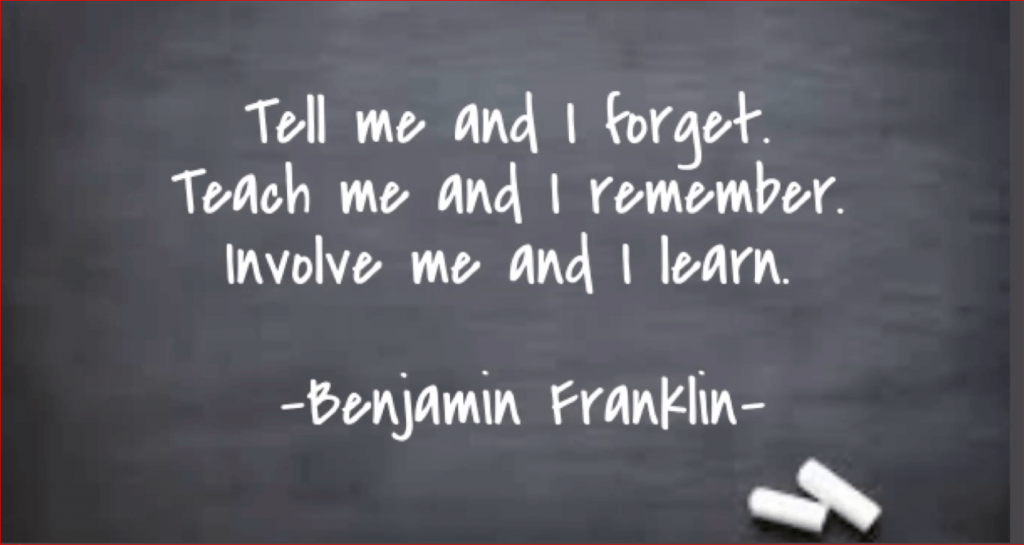CARE – CONNECT – COACH

“Kids don’t care how much you know until they know how much you care.” President Theodore Roosevelt.
As quarantine restriction ease and players return to programs of team training, camps, and clinics, you need to aware of steps to connect and show you care. Building players’ confidence, through listening, creating discussion, and accepting mistakes as learning steps will go a long way.
From Home, To Field
As you and your players return to the field, you need to focus solely on player development all forms of training (fitness, technical, tactical), but more so on the psycho-social side.
During my early years of coaching, I was guilty of using the 4-headed ‘L’ monster at many practices.
Laps, Lines, Lecture and Language.
This provided structure, avoided the chaos, and kept the players under control. In summary, it was, ‘I say, you do. ‘
However, I was guilty of hindering player’s ability to perceive, make a decision, and execute an action. I was not concerned about player development and what was wrong. It was about being in control.
Winning Over Player Development
You need to take steps to learn what each players’ lock down experience involved. By showing your support, you will start to build back their confidence which is key to improving their skills.
6 Steps For First Practice
After all safety protocols have been undertaken at the field, start the session with an ice breaker.
An interactive exercise that will get players talking.
- Play the ‘Name Game’ (Players introduce each other in a circle).
- Stoke A Fire, Light a Fire (ask guided questions to learn about their lockdown experience)
- Connect With Your Players – listen not only with ears but with your eyes.
- Show empathy, care, and kindness – not only with your response but what your body language.
- Observing is most important. Can you find out what is going on with players who don’t share experience during the group? This is an opportunity to find moments to connect 1 on 1.
- Let them Play – players enjoy games and activities; not lines, laps, and lectures.
Being In Control

Players learn best when they are in control.
Your first practice should give players full control. Allow them to express themselves, show creativity, and imagination through the use of games and activities.
This process supports ‘play’ which enhances the interaction and learning experience. Your first practice needs to embrace your players. Let them see you care, the team is a community and their development is the number one priority.
Let me know your thoughts how you are practicing for practice # 1.
Leave A Comment